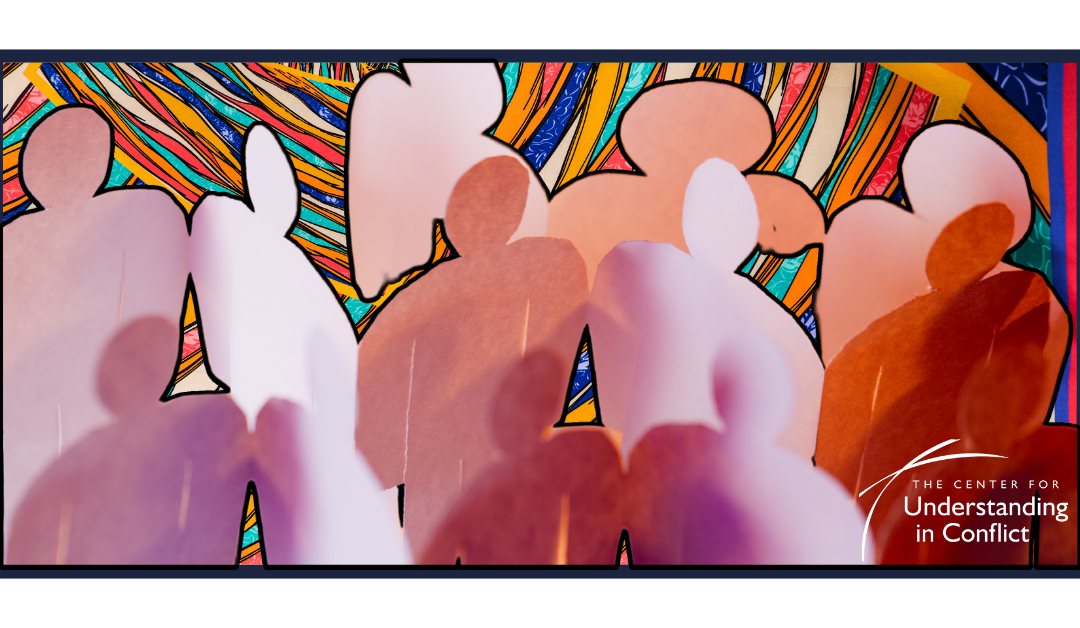Many people understand that when the boss is in the room, that person holds sway, at least in a workplace setting, with many other hierarchies to be aware of, formal and informal. Outside of apparent hierarchies in legal and professional spheres, a common assumption could be that in a room of people, all are equal when speaking up and speaking out. The reality, though, can be far more complex. Even absent formal authority, a host of personality traits can define the social rules of engagement in ways that participants may not even be conscious of it. Others may be pushed aside or caused to wither, even when they are shouting inside.
In conflict situations, where two people or groups are already at odds in a highly charged, adversarial state, these personality traits can create added complexity for everyone involved and derail any likelihood of a resolution, especially a mutually beneficial one. Of course, it is easy to understand that a loud-mouthed hothead will take over the room and bully someone with their assumed air of gravitas and certitude. That is undoubtedly one personality type to identify and understand. Many other personality types and dynamics are also at play, which can be harder to see and wreak havoc on even the most well-intentioned conflict resolution professionals’ efforts to find an amicable solution, even at times within the person charged with helping guide the conversation.
By understanding that every person who enters a room is uniquely different, with varying temperaments, emotional triggers, defense mechanisms, communications styles, and patterns of behavior – especially in response to stress or aggression, it is possible to craft an approach that moves forward from a place of awareness. This approach will help chart a course for the individuals present in ways which connect and leverage internal realities with external reactions while acknowledging the person within while helping to balance the challenges and pitfalls of clashing personalities and moving closer to finding a resolution.
Learn more about personality types and the power imbalances they cause by joining Catherine Conner and Melanie Rowen on March 7th for an interactive webinar focused on building awareness, identifying patterns, and guiding change.

